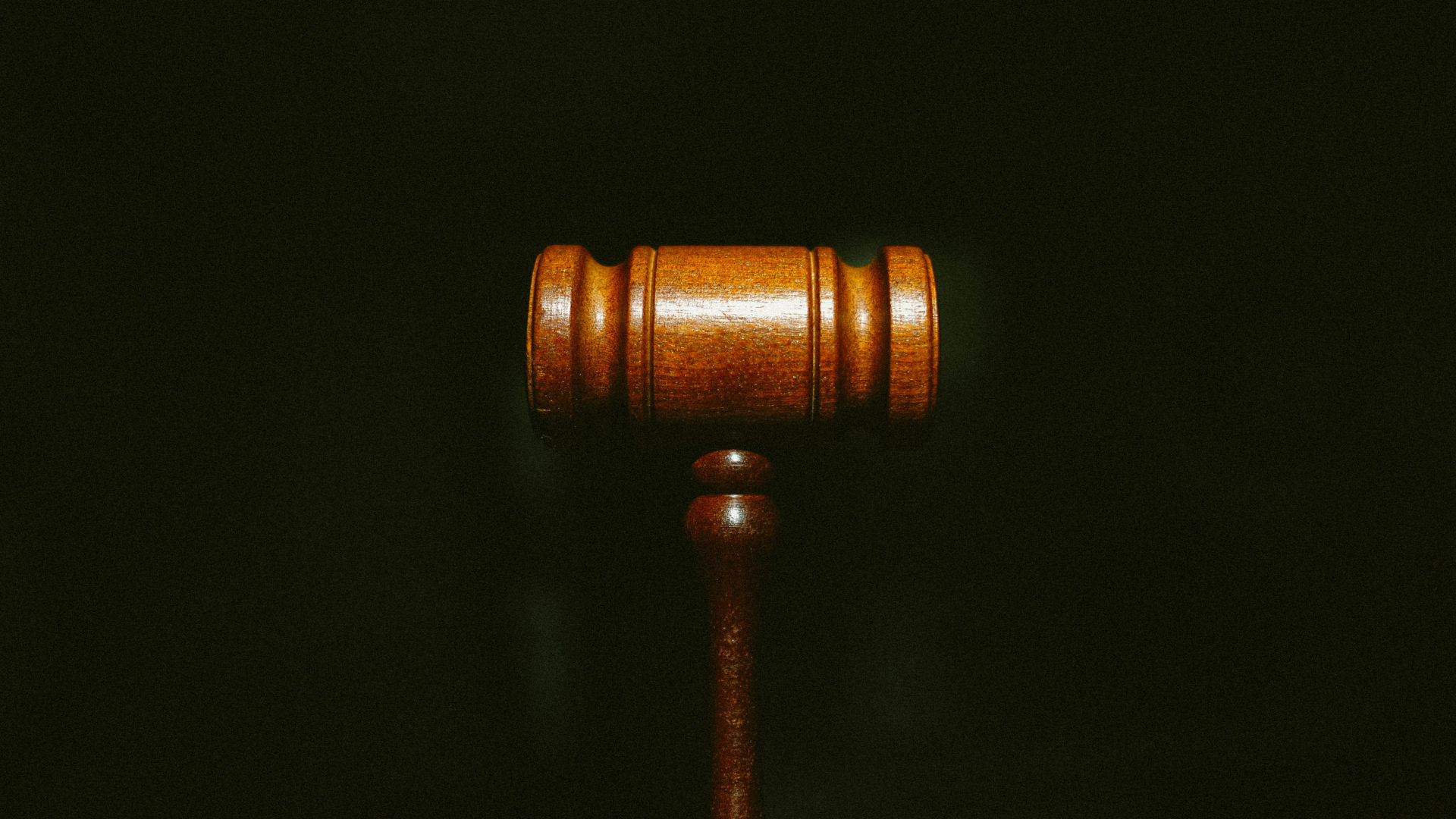'Junk Science' is Being Used in Australian Courtrooms, and Wrongful Convictions Are at Stake
'Junk Science' is Being Used in Australian Courtrooms, and Wrongful Convictions Are at Stake
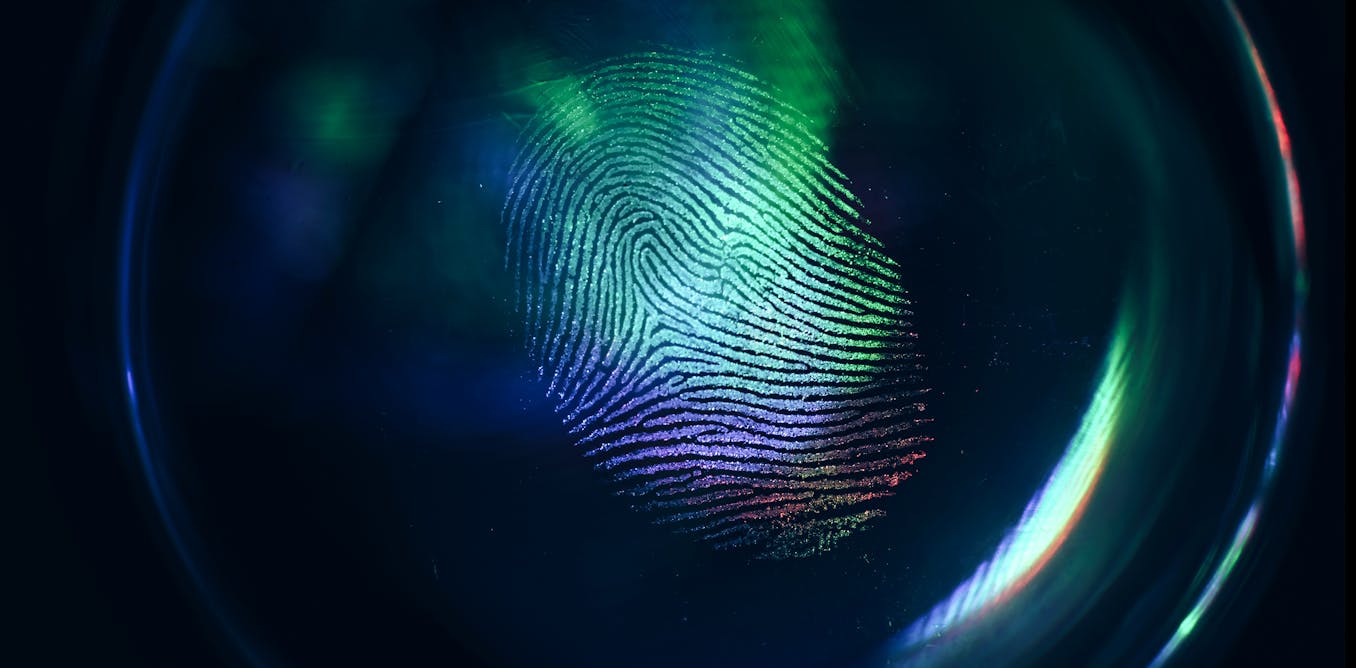
Send us a link

Research integrity and trust in science have made global news this year. Building trust in science requires commitments to social and technical means of ensuring transparency and reproducibility across scientific processes.
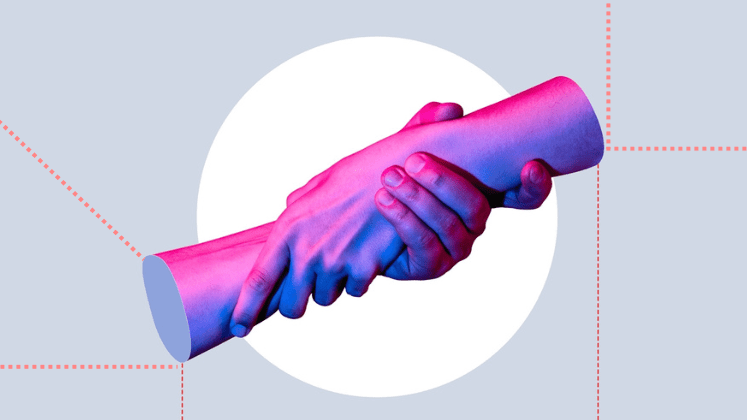
Less than 1% of Twitter users posted 80% of misinformation about the 2020 U.S. presidential election
Generated by plagiarism disguisers, these red flags can point to deeper problems with a paper
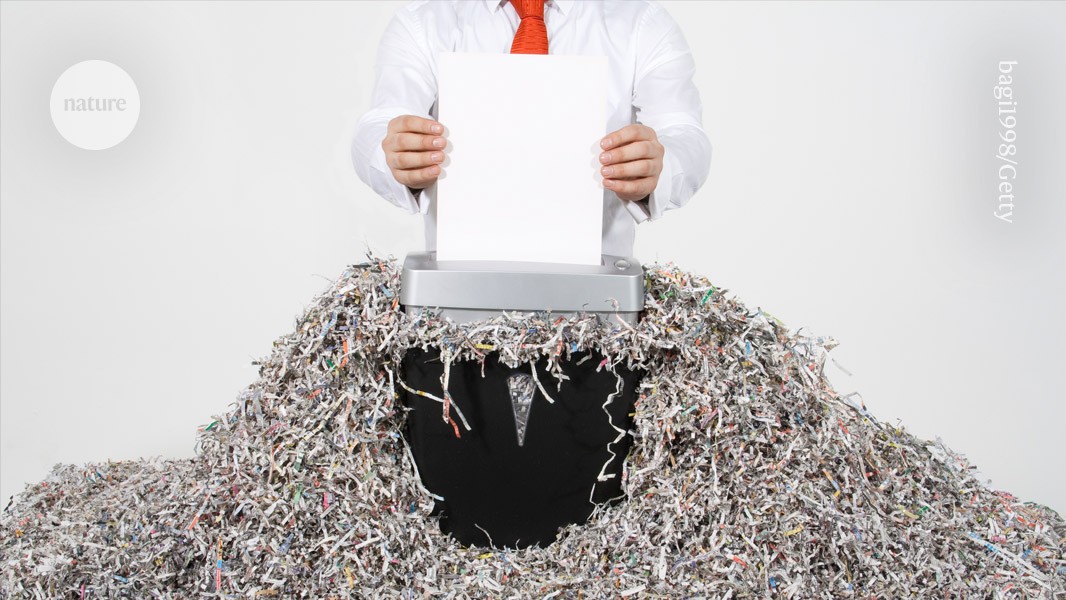
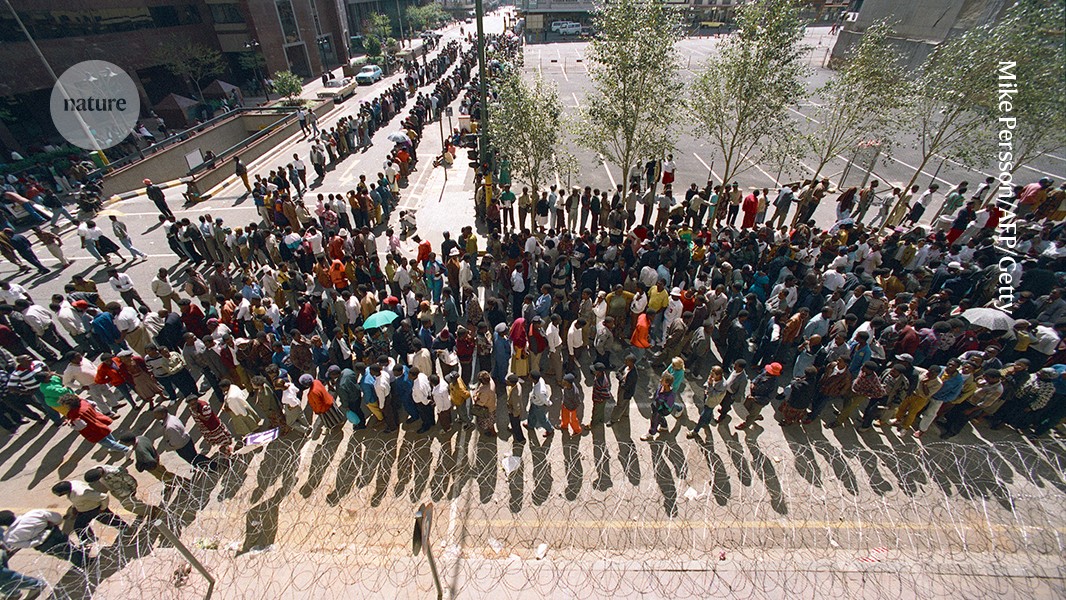
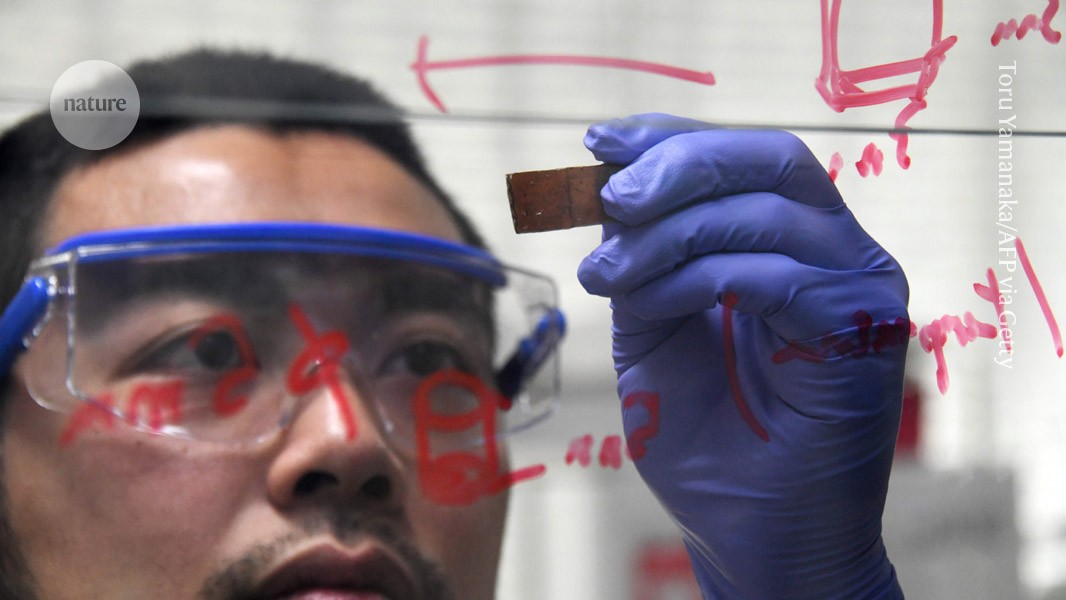
On 1 January this year, the UK became an associated country to Horizon Europe, the EU’s flagship research scheme, and to the EU’s Earth observation programme Copernicus. Linda Hantrais and Anouska Nithyanandan consider the broader implications of association for the social and human sciences and review the preparations that UK social scientists should be making to re-establish their international reputation for research excellence post-Brexit.

Legal framework conditions at European level "are not sufficient to deal with infringements of academic freedom”, according to a speaker at a key public debate on the issue.
The European Court of Auditors (ECA) has issued a stinging report criticising the European Commission's AI strategy, finding that the EU underspent on AI by €600 million because of a delay in 2021 starting Horizon Europe.
Artificial intelligence (AI) generates texts, videos and images that can hardly be distinguished from those of humans. Scientists are also increasingly being assisted by AI. Now, an international working group has developed principles for using AI in research to ensure trust in science.
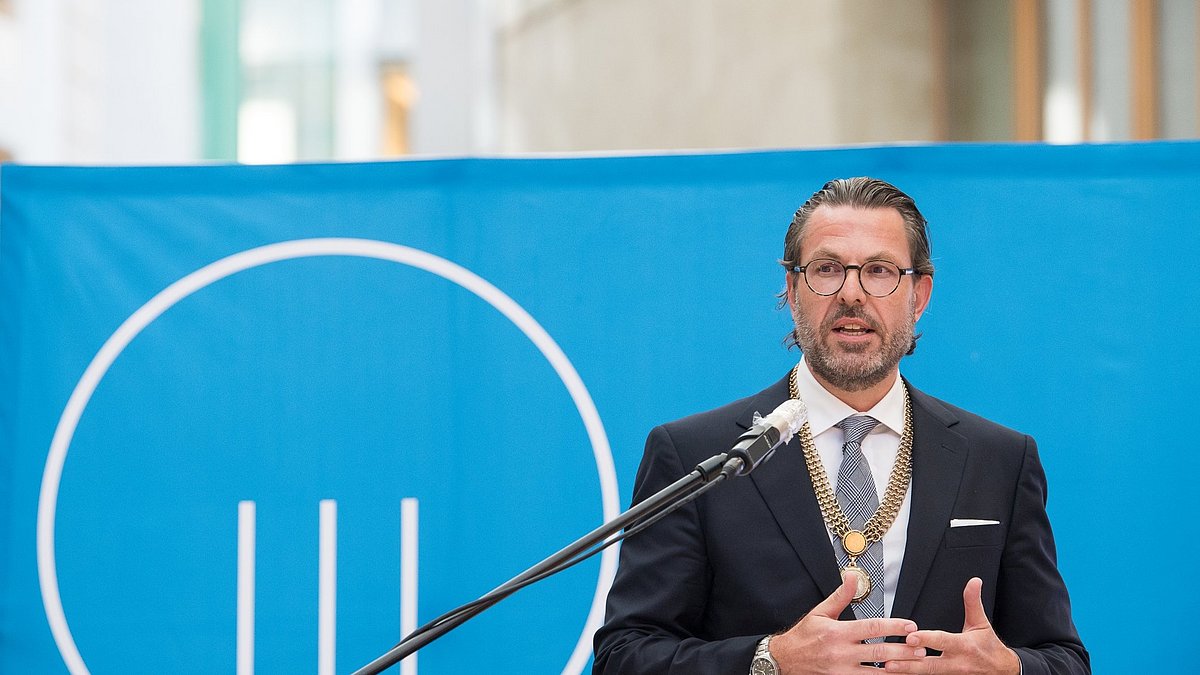
Four parties hammer out agreement filled with bad news for scientists
New agency aims to boost science and commercial space projects
Submissions to funding review emphasise imbalances between institutions, career stages and types of research supported
Drawing on findings from a new survey of equity, diversity, inclusion and belonging policies in European academic publishing, Lynne Bowker, Mikael Laakso, Janne Pölönen, and Claire Redhead outline the intersectional nature of scholarly communication’s diversity challenge and present new resources for actors across the system to implement changes.

A number of European universities are ending their ties with Israel over the war in Gaza, including in existing Horizon Europe projects, prompting Israel's science minister to hold talks with the country's research leaders over how to retain scientific links with Europe.

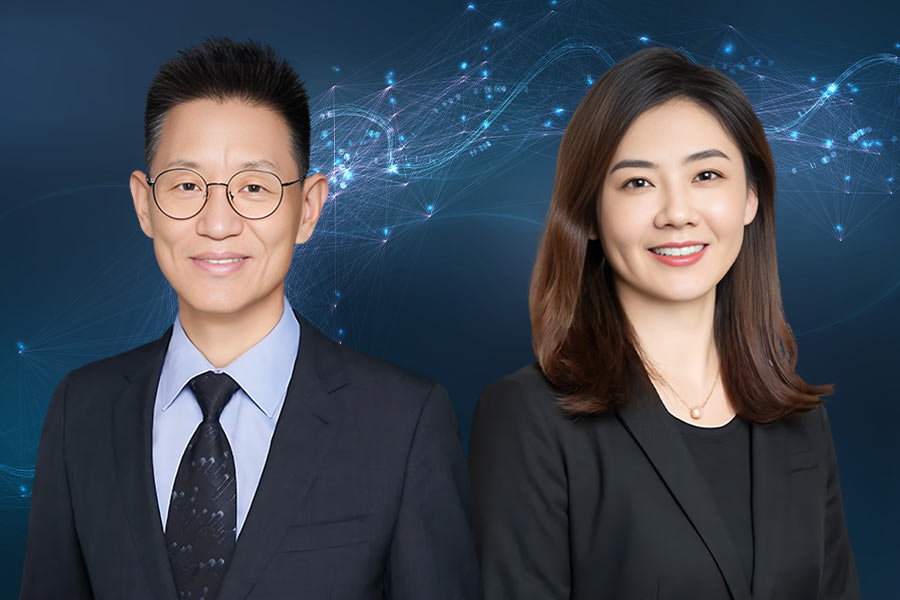
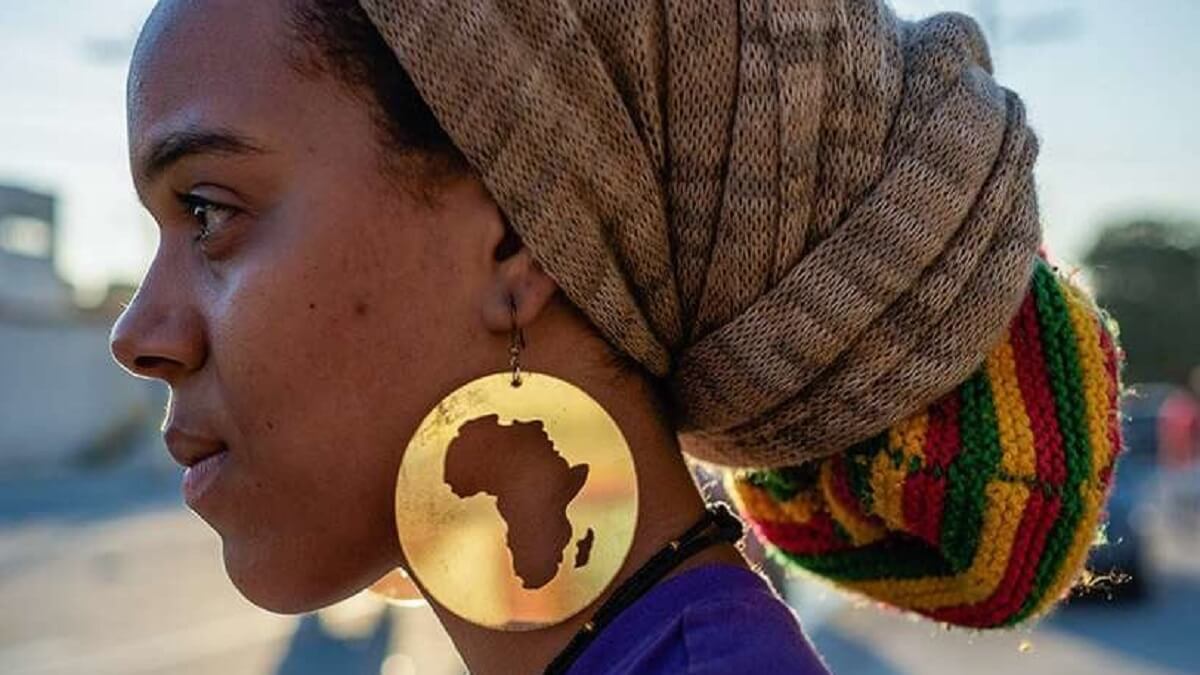

The link between trust and relatability is important to good science communication.
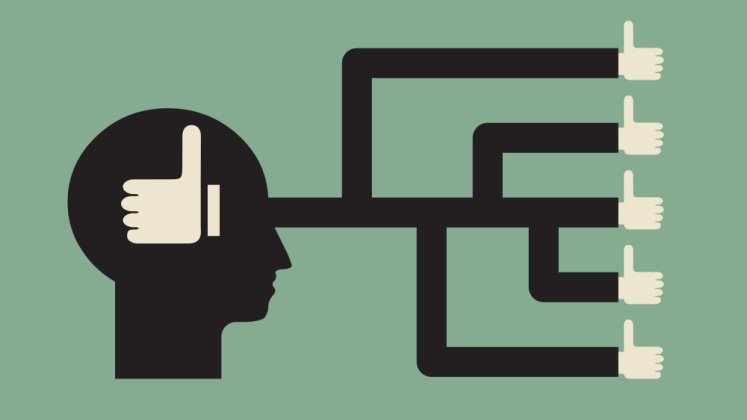
Debating scientific topics in a courtroom setting could be a way to inform and engage citizens in public policy.
